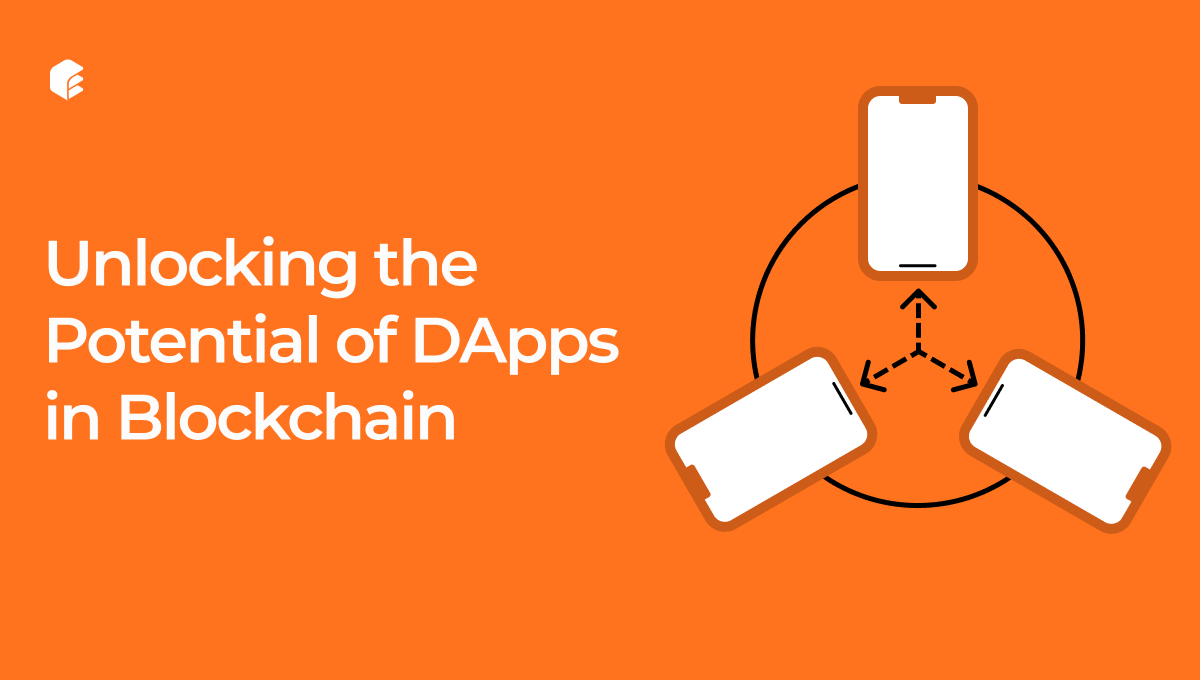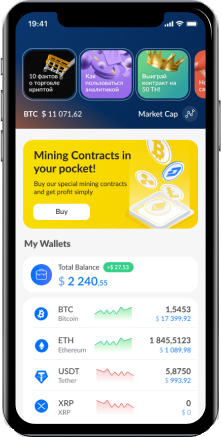What Is a DApp: Understanding Decentralized Applications and Their Advantages

In today’s digital age, blockchain technology has revolutionized various industries, offering decentralized and secure solutions. One of the key innovations arising from blockchain is the concept of decentralized applications, commonly known as DApps. This article will delve into the world of DApps, exploring their definition, functionality, benefits, and their potential to shape the future of various sectors.
A DApp, short for decentralized application, refers to a software application that operates on a decentralized network, typically leveraging blockchain technology. Unlike traditional applications that are centralized, DApps run on a peer-to-peer network of computers, eliminating the need for intermediaries and offering enhanced transparency, security, and user control.
How Do DApps Function?
DApps utilize the underlying blockchain infrastructure to function effectively. They are built using smart contracts, which are self-executing agreements with predefined rules and conditions. These contracts ensure that the DApp operates autonomously without any central authority governing its operations.
By leveraging blockchain technology, DApps enable users to interact directly with the application, maintaining control over their data and transactions. This decentralized approach enhances security and eliminates single points of failure or censorship.
Characteristics of DApps
To be classified as a DApp, an application must possess certain key characteristics:
Decentralization
DApps operate on a decentralized network, meaning there is no central authority governing the application. Decisions are made collectively by the network participants, promoting fairness and transparency.
Transparency
All transactions and operations within a DApp are recorded on the blockchain, making them transparent and publicly accessible. This transparency instills trust among users and ensures accountability.
Immutability
Once recorded on the blockchain, data stored within a DApp becomes immutable. It cannot be altered or tampered with, providing a high level of data integrity and reliability.
Consensus Mechanisms
DApps employ consensus mechanisms to validate and verify transactions on the network. These mechanisms ensure agreement among network participants, preventing fraudulent activities and maintaining the integrity of the application.
Types of DApps
DApps have found application in various domains. Here are some common types of DApps:
Financial DApps
Financial DApps facilitate decentralized financial services such as peer-to-peer lending, decentralized exchanges, and stablecoin platforms. These applications offer individuals greater control over their finances while eliminating intermediaries.
Gaming DApps
Gaming DApps introduce blockchain technology into the gaming industry, providing unique experiences and ownership of in-game assets. Players can trade, sell, and earn digital assets securely, fostering a vibrant and decentralized gaming ecosystem.
Social Networking DApps
Social networking DApps aim to transform the way we interact online. They prioritize user privacy, data ownership, and reward users for their contributions. These DApps empower individuals to connect and share information without relying on centralized platforms.
Supply Chain DApps
Supply chain DApps enhance transparency and traceability within complex supply chains. They enable real-time tracking of products, ensuring authenticity, reducing fraud, and improving efficiency in logistics and inventory management.
Healthcare DApps
Healthcare DApps leverage blockchain technology to secure medical records, enable interoperability between healthcare providers, and empower patients with greater control over their health data. These applications can revolutionize the healthcare industry by streamlining processes and improving patient care.
Benefits of DApps
DApps offer several advantages over traditional applications:
Enhanced Security
With decentralized architecture and cryptographic protocols, DApps provide robust security measures. The tamper-resistant nature of blockchain technology ensures the integrity and privacy of user data.
Increased Efficiency
By removing intermediaries and automating processes through smart contracts, DApps streamline operations, reducing time delays and costs. This increased efficiency benefits users and businesses alike.
Reduced Intermediaries
DApps eliminate the need for intermediaries such as banks or centralized platforms. Users can interact directly with the application, reducing fees and enhancing trust through peer-to-peer transactions.
Empowering Users
DApps empower individuals by giving them control over their data and digital assets. Users have ownership rights and can participate actively in the decision-making processes of the DApp.
Challenges and Future Outlook
While DApps hold tremendous potential, they still face certain challenges. Scalability, user experience, and integration with existing systems remain areas that require improvement. However, as blockchain technology continues to evolve, these challenges are gradually being addressed.
Looking ahead, DApps are expected to revolutionize industries such as finance, gaming, social networking, supply chain, and healthcare. Their decentralized nature and ability to provide secure and transparent solutions make them well-suited for a wide range of applications.
Conclusion
DApps represent a new paradigm in software development, bringing decentralization, transparency, and security to various sectors. By leveraging blockchain technology and smart contracts, DApps offer enhanced user control, efficiency, and trust in applications. As the world becomes more decentralized, DApps are set to reshape industries, unlocking new possibilities and transforming traditional practices.
FAQs
Q1: Are DApps only built on blockchain?
Yes, DApps are typically built on blockchain platforms. Blockchain provides the necessary infrastructure and consensus mechanisms required for the decentralized operation of DApps.
Q2: How can DApps improve data security?
DApps enhance data security through encryption, decentralization, and immutability. The use of cryptographic protocols ensures the integrity and privacy of user data, making it highly secure.
Q3: Can anyone create a DApp?
Yes, anyone with the necessary development skills can create a DApp. However, it requires an understanding of blockchain technology, smart contracts, and the specific requirements of the targeted industry.
Q4: Are DApps scalable?
Scalability is an ongoing challenge for DApps. While blockchain technology has made significant advancements, further research and development are needed to achieve scalability comparable to traditional centralized applications.
Q5: How can DApps impact traditional industries?
DApps have the potential to disrupt traditional industries









